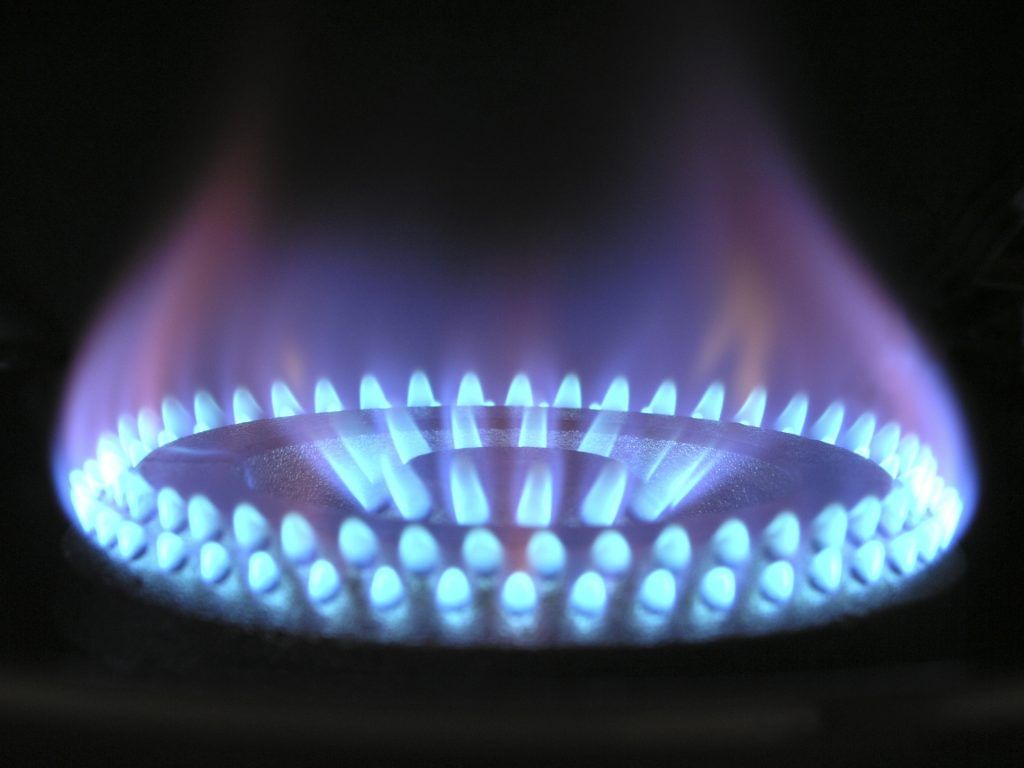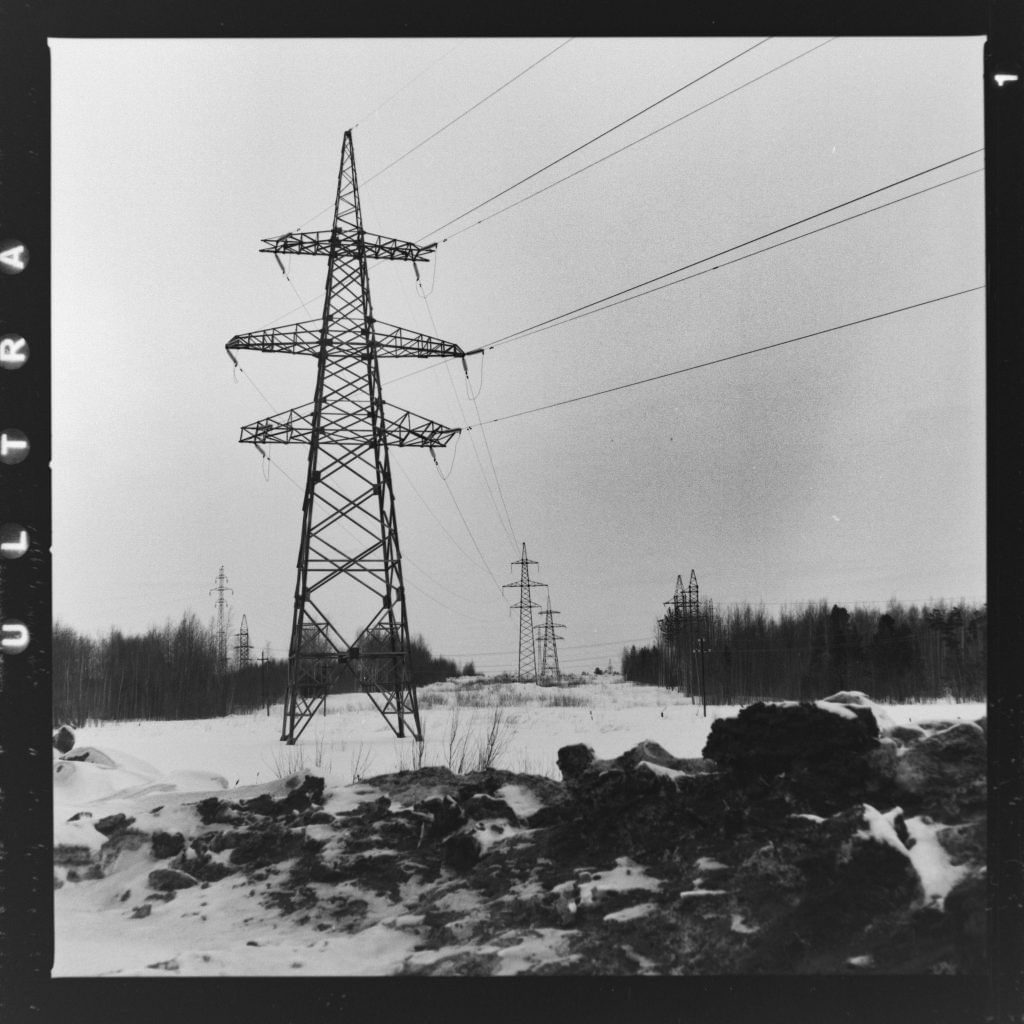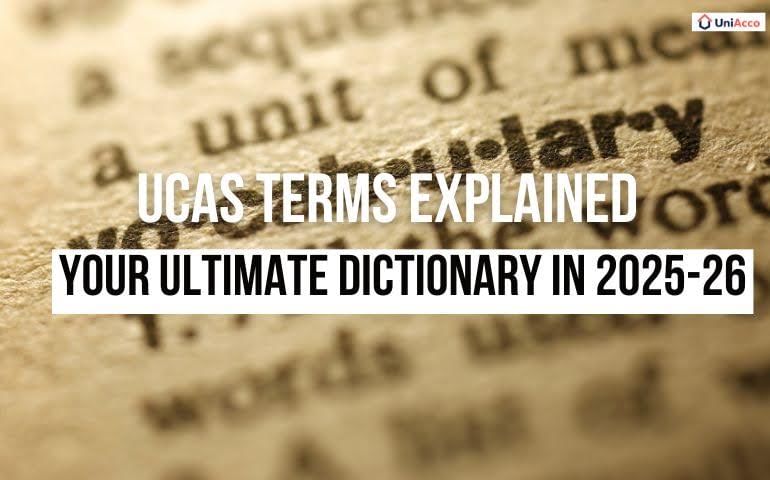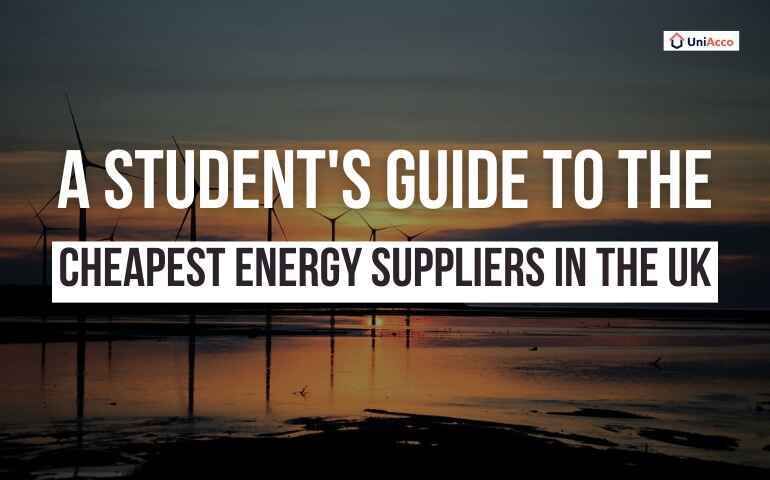Whether you’re a small scale business owner or someone who’s looking to expand their line of work, it is essential to choose the best business energy suppliers. Although money and prices are a major and important aspect while making your choice, there are several other factors too that should be taken into account. How to pick an appropriate provider and how to switch to a better one are some of the most prevalent questions for business owners. Our guide here will help you make your decision about finalising business energy suppliers. Let’s go
Based On What Factors Should You Find Business Energy Suppliers?
The energy provider who offers the least contract prices won’t necessarily be the best choice always. Some of the major factors that you should consider before choosing are –
- The type of business you run contributes vastly to the decision. If your line of work has varying open hours or changing locations, then you might need to consider a contract that would fulfil your needs suitably.
- The amount of usage is the most obvious factor. If you have huge machinery or operating systems at the site of your business, you might be required to get a specific supply or metre accordingly.
- Customer service and consumer satisfaction also make the mark. You shouldn’t pick a supplier who offers poor service just because they have a cheaper plan.
- Budget is of course the most important. Analysing the market and finalising the contract that most suits your budget is essential. Also, if your expenditure isn’t viable to accommodate the rising energy prices, you may want to survey the fixed contracts provided by suppliers.
- Carbon footprint is something you should take into account if your establishment is based on environmental ideals and morals. In this case, considering eco-friendly contracts and renewable energy suppliers might be apt.

It is advisable to note that most business contracts last for a long period of time like 5 years. In such cases, you do not want to be stuck with a provider who can’t meet your needs appropriately. It’s smart to take a look at your preferred provider’s track record and survey how successful they have been in satisfying their consumers’ needs. Reading reviews, researching response time, and word of mouth are some ways to do this.
What Type Of Business Contracts Are Available?
As mentioned before, most business contracts last for a course of one to three years, sometimes even five years. If you move to a new location without finalising an energy supplier, you will be automatically put on standard contract with the building’s energy providers. This may cost you more money than choosing a supplier by yourself. If you miss out on renewing or changing your existing contract, your current providers might put you on out-of-contract rates which are also much higher than the normal contract rates.
Most business energy suppliers offer several different types of contracts to choose from. Some of these are explained here-
- Fixed-term tariffs where the unit rate and standing charge are fixed for the entire length of the contract.
- Flex approach tariffs are more suitable for larger businesses that can bulk buy energy for future use to take advantage of the market when prices are lower.
- Extended tariffs are when your existing supplier offers you competitive rates to convince you to extend your ongoing contract.
- Pass-through tariffs are apt when you wish to split your bill between paying for the energy you use, which is fixed, and other costs which are variable.
When Should You Switch Your Business Energy Suppliers?
Competitive pricing is the major driving factor behind the need to switch suppliers. Most business energy suppliers offer a vast range of different contracts and levels of service that the consumers can choose from. Depending on the expanse of your business and needs, you should make the appropriate choice. In case you find business energy suppliers who have the capability to cater to your needs more suitably with better service and lower prices, it might be appropriate to consider switching over to them.
What Should Be Considered While Choosing Suppliers?

The following aspects of gas and electricity suppliers for business should be taken into account before selecting them –
- Installation: It is necessary to consider the time period taken by suppliers to install your new connection and if it may cause delays or stress in your work. This is especially important if you are moving to new premises where electricity or gas connections aren’t already available.
- Unit Rate: Unit rate is the charge you pay for using each kilowatt hour of energy. Along with this, suppliers usually add a daily standing charge, which is a basic fee to supply you energy. Although your bill will reflect the amount of energy used, it may vary according to the changes in market prices sometimes.
- Business Energy Metres: These are half-hourly (HH) or multi-site metres. They are usually suitable for installation for the businesses that use a lot of energy or are spread across multiple sites and locations.
- Period of Renewal: This is the time period when you need to start considering whether you wish to continue with the existing energy suppliers or switch to newer ones and thereby start comparing contracts. In most establishments, this period begins around six months before the end of your ongoing contract.
- Out-of-Contract Rates: It may happen that you fail to officially suspend your contract with the energy supplier and it leads to out-of-contract rates. These are mostly much higher than the usual rates. Hence, it is advisable to check the provider’s policy before signing itself to make sure you don’t end up with added debt.
How To Acquire A Smart Metre For Your Business?
A smart metre records necessary information such as consumption of electric energy, voltage levels, current, and power factor. These devices communicate the information to the consumer for greater clarity of consumption behaviour, and to the electricity suppliers for system monitoring and customer billing. Businesses are usually recommended to install a smart metre in order to customise their energy supply. Installing a smart metre is an easy and small process which rarely requires the consumers to invest a lot of time. All you need to do is contact your business electricity supplier and book an appointment with them for the installation. It usually only takes an hour to replace each metre with a new one. Once installed, you can go through the directions for use, set budgets, and acquire the bills for your smart metres.
How To Lower The Business Energy Bills?
The best way to acquire low energy bills is to pick a cheaper and budget-friendly contract with your energy suppliers for business in the first place. Analysing whether fixed or variable contracts suit your financial budget better is equally important. Other ways to achieve this is to compare the prices and services offered by different business energy suppliers and get a real quote to figure out how much the contract will actually cost. You should also ensure that you receive optimum services for the amount of bills you’re paying without delays and lengthy response times. Lastly, you should avoid waiting till the last minute of the end of your contract to either renew or switch your suppliers. It is easy to get the best deals if you start the process as early as possible, preferably at the beginning of the period of renewal.

FAQs
1. Which are some of the best British gas business electricity suppliers?
Haven Power, Opus Energy, Valda Energy and Scottish and Southern Energy are some of the best suppliers in the UK.
2. How to select electricity suppliers for business?
Finding an energy supplier in your area, comparing prices, researching the market, choosing the right energy rate plan based on your needs, determining the length of your contract, and knowing when to switch are some of the best ways to select the suppliers.
3. Who are the cheapest energy suppliers in the UK?
Square 1, Utility Warehouse, and British Gas are some of the cheapest business energy suppliers in the UK.
4. Which is cheaper – gas or electricity?
When comparing solely on the basis of unit cost, gas is cheaper than electricity.
Thank you for reading our guide to business energy suppliers! Let us know your queries or doubts in the comment section below.
If you found this blog helpful, you might like reading these on our website –















0 Comments